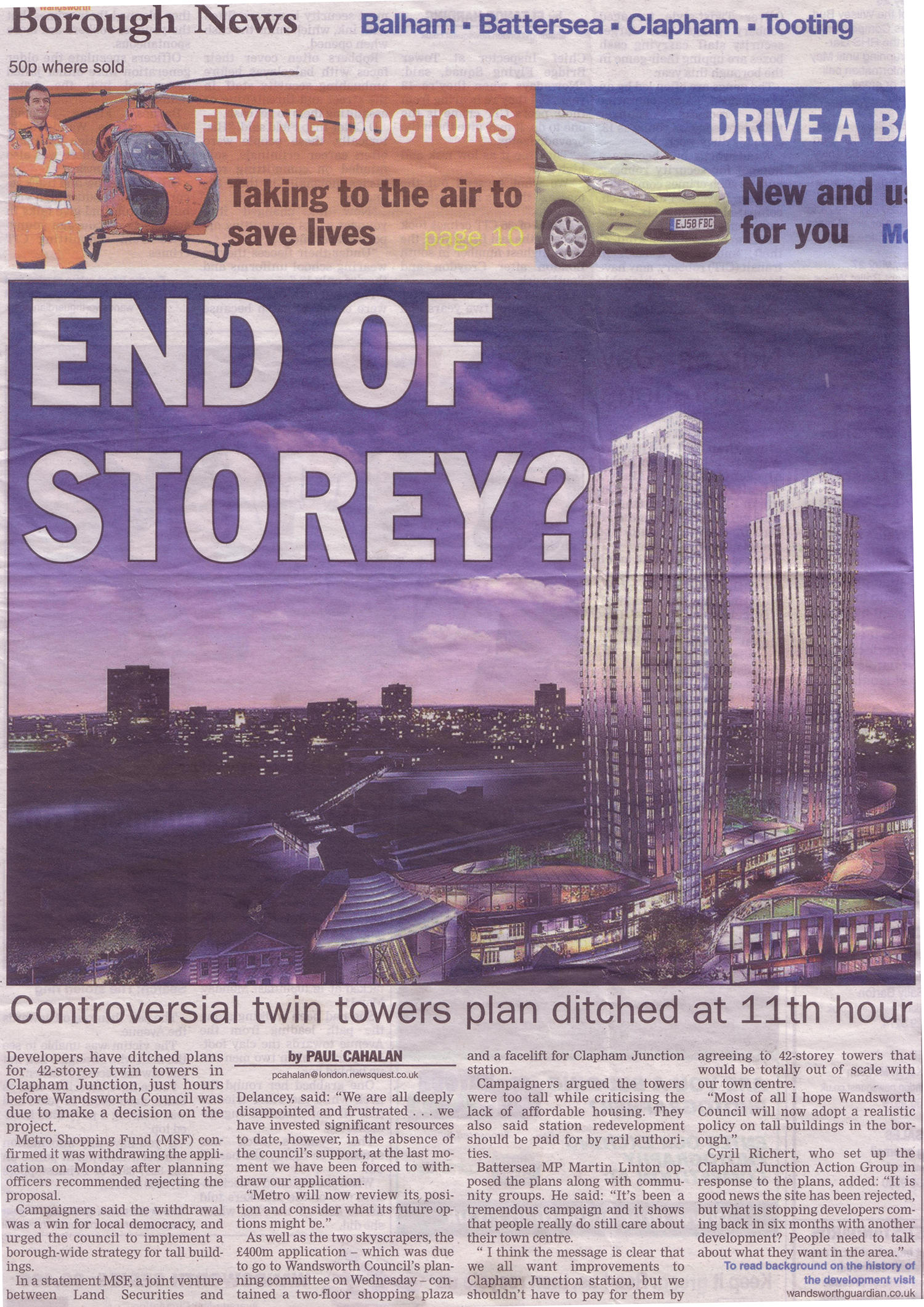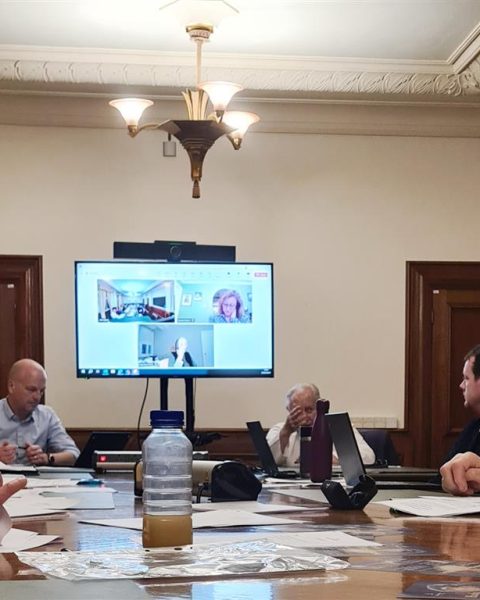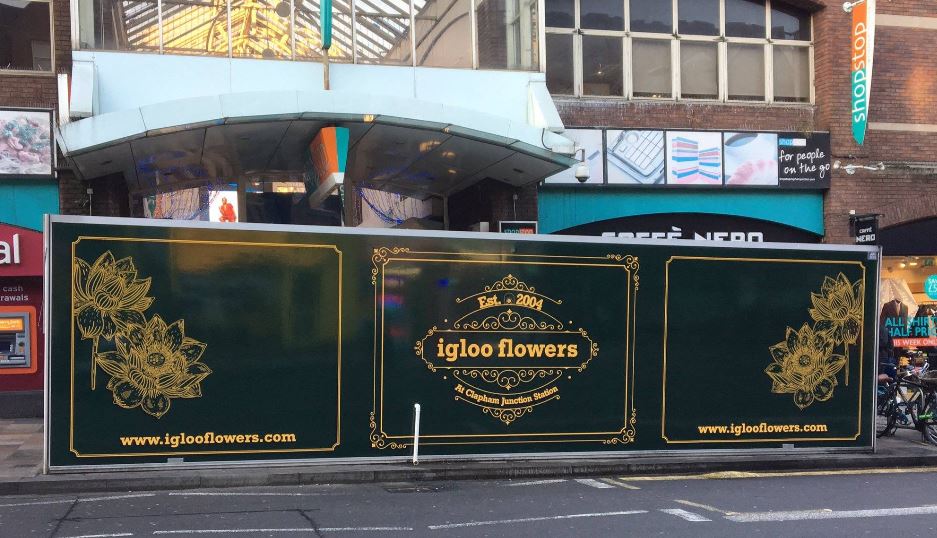Author: Cyril Richert
Metro Shopping Fund is the joint venture between Delancey and Land Securities who submitted the proposal for Clapham Junction re-development (read about their latest brochure here)
In an article published last year, the Daily Telegraph wrote: “Cash is king… and Delancey’s got plenty“. Delancey is the property company Jamie Ritblat set up when he left British Land (then, managed by his father) in 1995. Father and son are now working in Jamie’s company. According to the Telegraph, “just weeks before the credit crunch effectively froze the commercial property market in August, Delancey completed the last of a tranche of deals that saw it sell £1.5bn of investment, largely office, property. Six months later, that sector of the market had fallen by between 10pc and 20pc. At the same time, the father and son team were out talking to investors to raise Delancey’s largest fund to date, the €1.5bn (£1.1bn) European evergreen fund. Add debt to that and the pair have firepower of anything up to €6bn. […] By creating a fund that has no fixed life, Delancey has a pool of cash it can tap into as and when the company chooses.“.
On the other hand, Land Securities does not seem that lucky. Land Securities is Britain’s largest property company and got the go-ahead for its project of building a huge redevelopment in London’s Victoria last month. As you can read in our previous article on section 106 (also known as section 106 agreement), planning obligations can include the payment of cash to the council – to recompense, for example, the loss of public space – contributions towards infrastructure, or a minimal level of affordable housing on a site. But the Land Securities felt short in providing affordable housing (claiming it was outweighed with other benefits of the £1bn proposal) in a desperate move to save money.
The game in the current economic torment is to increase the financial payback from schemes at the expense of section 106 contributions. Last month, an independent report for the government warned that “there will be pressures to change and renegotiate section 106 agreements“. “Many developers do not feel there is sufficient profit in schemes now to deliver numbers agreed in more optimistic times,” said the report by Professor Michael Parkinson, director of the the European Institute of Urban Affairs, quoted by the Financial Times.
This is already what happens for Clapham Junction redevelopment as Metro Shopping Fund’s commitment is about £40m for CJ station improvement if they can build their two tower blocks (to be compared with about £40m that could be funded by the Government and Network Rail independently – and even £60m was asked by NR last year but turned down). For that, they cannot provide affordable accommodation, they told the Council. But the Valuation Office report does state that should permission be granted, the development would be unlikely to start in the near future and given the length of any build programme (here 3 years minimum – it won’t be achieved for the East London Line and the Olympic Games anyway), the economic conditions are likely to be different at the end of the programme.
Last but not least, there is not certainety (although as said above we are not talking about small players, but everyone has got issues) that the development will go ahead, should the permission be granted. By getting planning permission for a tower that would quadruple the amount of development on a site, the developer quadruples the site value without laying a brick. This additional value is then sold off for cash or simply sits in the developer’s portfolio, acting as a collateral acquisitions. This is apparently what was planned for the Battersea Power Station redevelopment where the developers did not intend to build anything at the Power Station and were just procrastinating while the condition of the building deteriorates (the Dyson tower was a good way of wasting 2 years in a public inquiry but it was so blatantly ridiculous, that they had to withdraw it).















